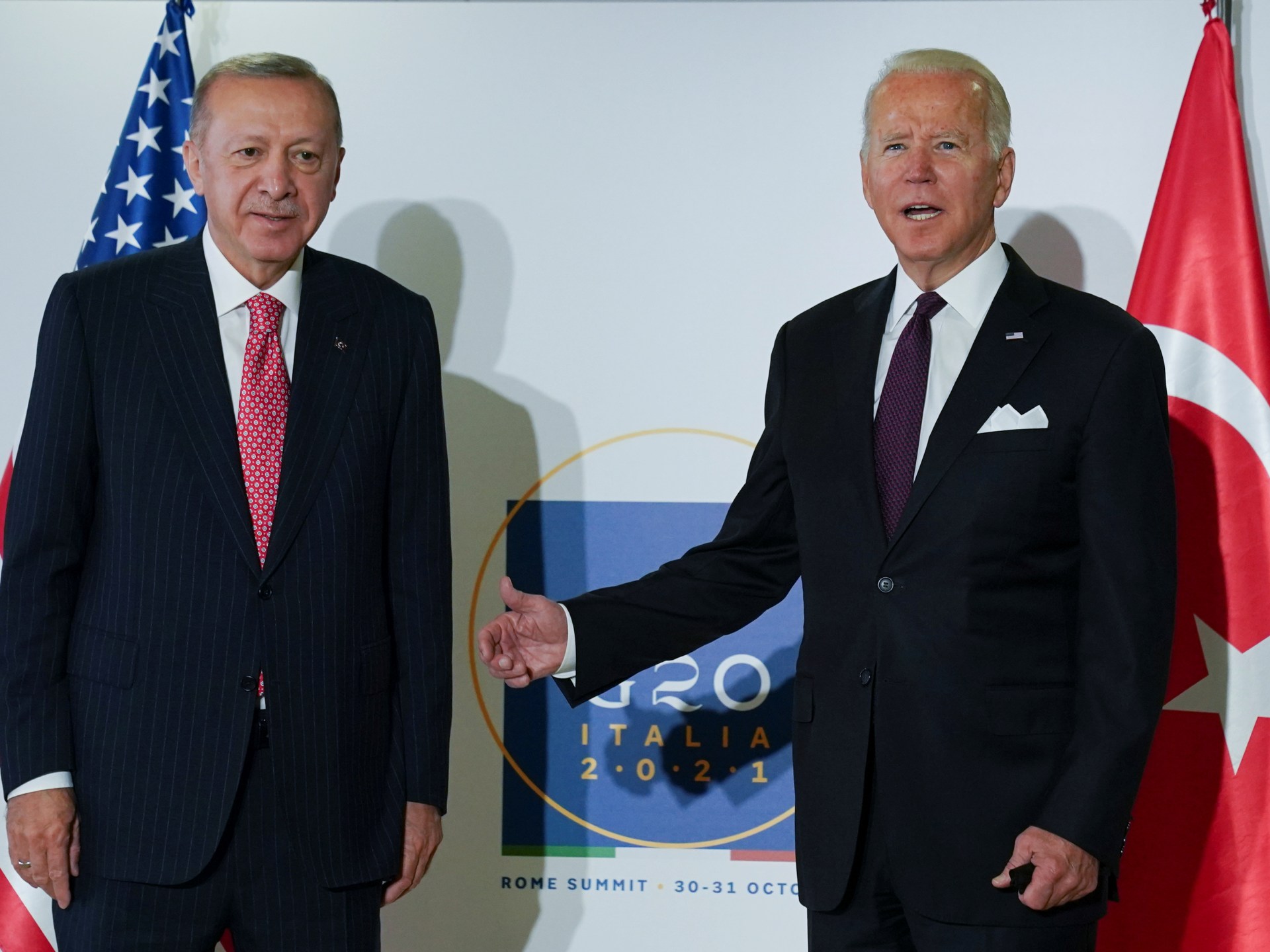Big_Zucchini
Well-Known Member
I did not accuse them of stupidity. I said they, and the west, have different doctrines. And therefore mixing equipment from both sides, when the requirements of each doctrine are apparent in said equipment, would in itself be counter-productive.I would disagree because the Russians may be many things, but being stupid isn't one of them. Major western powers have become accustomed to fighting with air superiority and have neglected some capabilities. They haven't had to face a real near peer air threat since WW2 with the closest being the Falklands War in 1982. So their ground forces don't have a proper air defence doctrine and capability, and if it isn't a doctrinal requirement then that doctrine is incomplete and not fit for purpose.
Russian air defenses are built for mission sets that do not exist nearly in that capacity in western doctrine.
Yes, Russia has a lacking air power in comparison to the west now, on top of a technological gap. Therefore it cannot implement western doctrine of utilizing the AF as the primary air defense tool.
But the very high density of air defense assets is also a result of other factors, like deficiency in ground combat capabilities and heavy reliance on various types of artillery.
If one were to build an air force modeled after western doctrine, and an air defense force modeled after eastern doctrine, he'd get an amazingly resilient aerial defense and local superiority. However, this very high level of system redundancy would be prohobitively costly for anyone that isn't a superpower, and would gnaw at the balance of expenditure on improving existing capabilities versus creating new ones.


